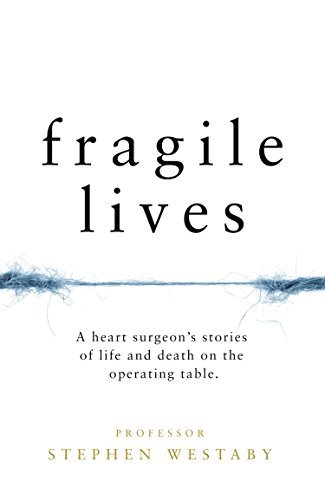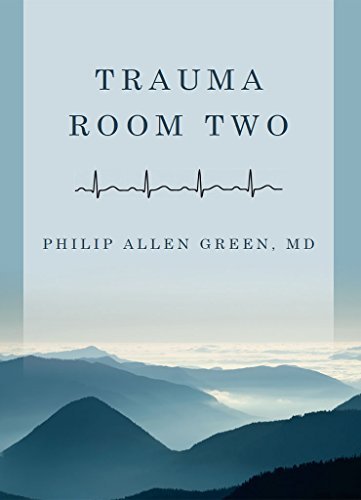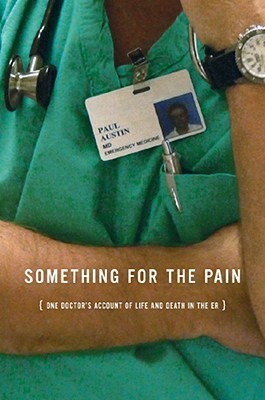
The Bodies Keep Coming: Dispatches from a Black Trauma Surgeon on Racism, Violence, and How We Heal
Book Description
Bodies flood the trauma bay, each one telling a story of violence, racism, and the desperate fight for survival. Brian H. Williams, a Black trauma surgeon, confronts the raw realities of emergency medicine while unraveling the systemic racism that permeates healthcare. With gripping accounts from the operating room and the streets, he captures both the harrowing and the healing. Every dispatch is a pulse-pounding reminder of the urgent need for racial justice and compassion. What does it truly mean to heal in a world where lives are often deemed invaluable?
Quick Book Summary
"The Bodies Keep Coming" is acclaimed trauma surgeon Brian H. Williams’s searing memoir and analytical account of treating victims of violence, racism, and trauma in America. As a Black physician in emergency medicine, Williams witnesses firsthand the often-overlooked suffering of marginalized communities, confronting the intersection of race, violence, and healthcare. Through gripping, real-world dispatches from trauma bays and city streets, Williams delivers a unique perspective on systemic racism within the medical system, and the personal cost for doctors confronting these injustices. Throughout, he invites readers to reexamine what it means to heal—both individually and collectively—while highlighting resilience, community, and the urgent necessity for racial and social justice in medicine and beyond. Williams's powerful narrative blends personal reflection, medical expertise, and a passionate plea for lasting change.
Summary of Key Ideas
Table of Contents
Confronting Racism in Healthcare
Brian H. Williams’s memoir takes readers into the heart of the trauma bay, where stories of gun violence, accidents, and catastrophic injuries reveal systemic inequities that disproportionately affect Black Americans and marginalized communities. He details harrowing cases and everyday heroics, providing a visceral sense of what it means to serve as a trauma surgeon in environments fraught with violence and uncertainty. Williams asserts that every patient’s experience is shaped not just by their injuries, but by a larger social context—poverty, racism, and historical neglect—that influences who survives and who receives quality care.
Bearing Witness to Violence and Trauma
Williams bravely addresses the pervasive influence of racism within medicine. He shares moments of being a rare Black voice among surgical staff, facing implicit bias from patients, colleagues, and the system itself. He illustrates how stereotypes and prejudiced assumptions can affect everything from patient outcomes to career opportunities, and exposes the extra burden placed on Black physicians expected to fight injustice while delivering life-saving care. His personal experiences underscore a broader, ongoing struggle within the American medical establishment to reckon with its own biases.
The Emotional Toll on Healers
The memoir also explores the emotional and psychological toll exacted upon medical professionals working relentlessly within trauma centers. Williams confides the personal cost of confronting suffering and death daily, and how the cumulative effect of witnessing trauma, especially in communities that resemble his own, can lead to compassion fatigue, burnout, and grief. He discusses strategies for coping—including solidarity with colleagues, vulnerability, and reaching out for help—while acknowledging how difficult self-care can be in a profession that prizes stoicism.
Healing and Resilience in Marginalized Communities
Despite these daunting challenges, Williams highlights stories of hope, healing, and resilience. He celebrates patients and families who overcome tremendous adversity, as well as the teamwork and shared humanity found within hospital walls. Williams champions the strength of communities devastated by violence, describing grassroots efforts that foster recovery and transformation. His narrative demonstrates that, while wounds are both physical and psychological, healing is possible when care is delivered with empathy, dignity, and respect.
Advocacy and the Pursuit of Justice
Ultimately, Williams calls for systemic change and a commitment to justice. He urges both the medical community and society at large to acknowledge racial and economic disparities in healthcare—and to confront them through advocacy, policy, and compassionate action. Through his dispatches, Williams insists that healing in America means not just saving lives in the trauma bay, but building a world where such suffering is no longer inevitable, and where every life is truly valued.
Download This Summary
Get a free PDF of this summary instantly — no email required.





